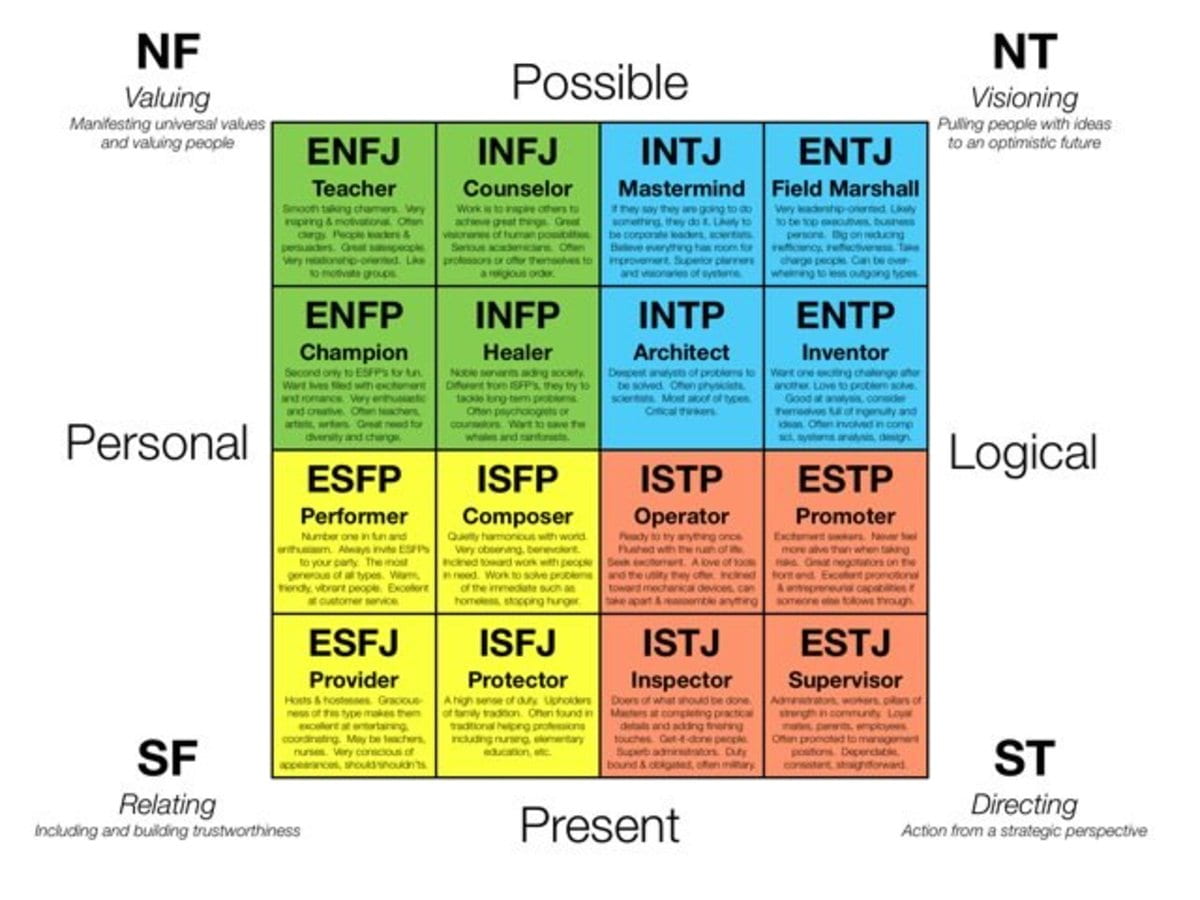If 2020/2021 wasn’t bad enough, a lot of recent polling has suggested that the prevalence of conspiratorial thinking has greatly risen. For example, a poll conducted by NPR/Ipsos suggests that between 36.7 and 43.3 percent of Americans believe that COVID-19 was created by a lab in China. The same poll suggests that between 8.7 and 15.3 percent of Americans believe that there is evidence to suggest that vaccines cause autism.

These claims, despite being obviously false, are not the most interesting of this phenomenon to me. Instead of spending this blog trying to debunk these falsehoods, we will investgiate what psychological research has to say about the underlying motivator for these beliefs.
Fear
The first and most obvious reason behind these beliefs is fear. This can be seen in some of the most recent examples of conspiracism. For example, Qanon believers believe that there is a “deep state” that is controlling and manipulating the U.S. population. Marjorie Taylor Greene blamed California’s wildfires on a “Jewish Space Laser”, referring to a neo-nazi conspiracy that Jewish people control the economy and populace. In both of these instances, fear is the driving motivator behind these beliefs. No, there is no evidence to suggest either of these conspiracies are true. But both of the beliefs are effective at appealing to one’s sense of fear.

The current research also seems to suggest that fear is a major motivator behind these beliefs. A recent study suggests that humans have an “integrated mental system” that was originally developed to protect against actual dangers in the wilderness. This mental predisposition towards fear may make it easier to convince people of false conspiracies just because they evoke emotions of fear.
Personality Disorders
Another reason may be that these conspiracy theorists are suffering from a personality disorder. Personality disorders encompass a wide array of disorders, but it generally describes mental illnesses characterized by maladaptive patterns of behavior, cognition, and inner experience. Specifically, the research suggests that people with conspiratorial beliefs may suffer from Paranoid Personality Disorder, Narcissist Personality Disorder, and Schizotypal Personality Disorder.
For example, people who exhibit with Schizotypal Personality Disorder are more prone to magical thinking and struggle to maintain interpersonal relationships. This may play into conspiratorial beliefs, because with this disorder will have a “rich inner mental life” and will fantasize about conspiracy theories.
Poor Knowledge Of Research
At the end of the day, some people have never been taught how to engage with scientific research and literature. The inability to discern between what is legitimate, peer-review reserach vs. what is pseudoscientific nonsense plays a major role in ones likelihood of buying into conspiracy theories.
For example, there was a study published on PubMed that was circulating around Facebook. This study, upon first glance, looks to be a legitimate publication. This paper suggests that wearing face masks is not only ineffective, but actively harmful to its wearer. However, if you investigate the paper a little, you will realize that it was not peer-reviewed and it consistently misinterprets the findings of other researchers.
Conclusion
As we wrap up our time in RCL, I thought it would be appropriate to return to the central motif of our class — the engagement in civic society. In an ever-changing political landscape, we must constantly adapt the way we use rhetoric and attempt to convince others. However, this may seem like a daunting task with the increase in irrational, conspiratorial thinking. As such, I thought it might be useful to investigate the underlying psychological mechanisms that may motivate this irrational thinking. Hopefully, this information will be useful, or at the very least, interesting to you.
And for the final time, thank you for reading my passion blog. Or who knows? Maybe I’ll return with more psychological theorization in the future.

















